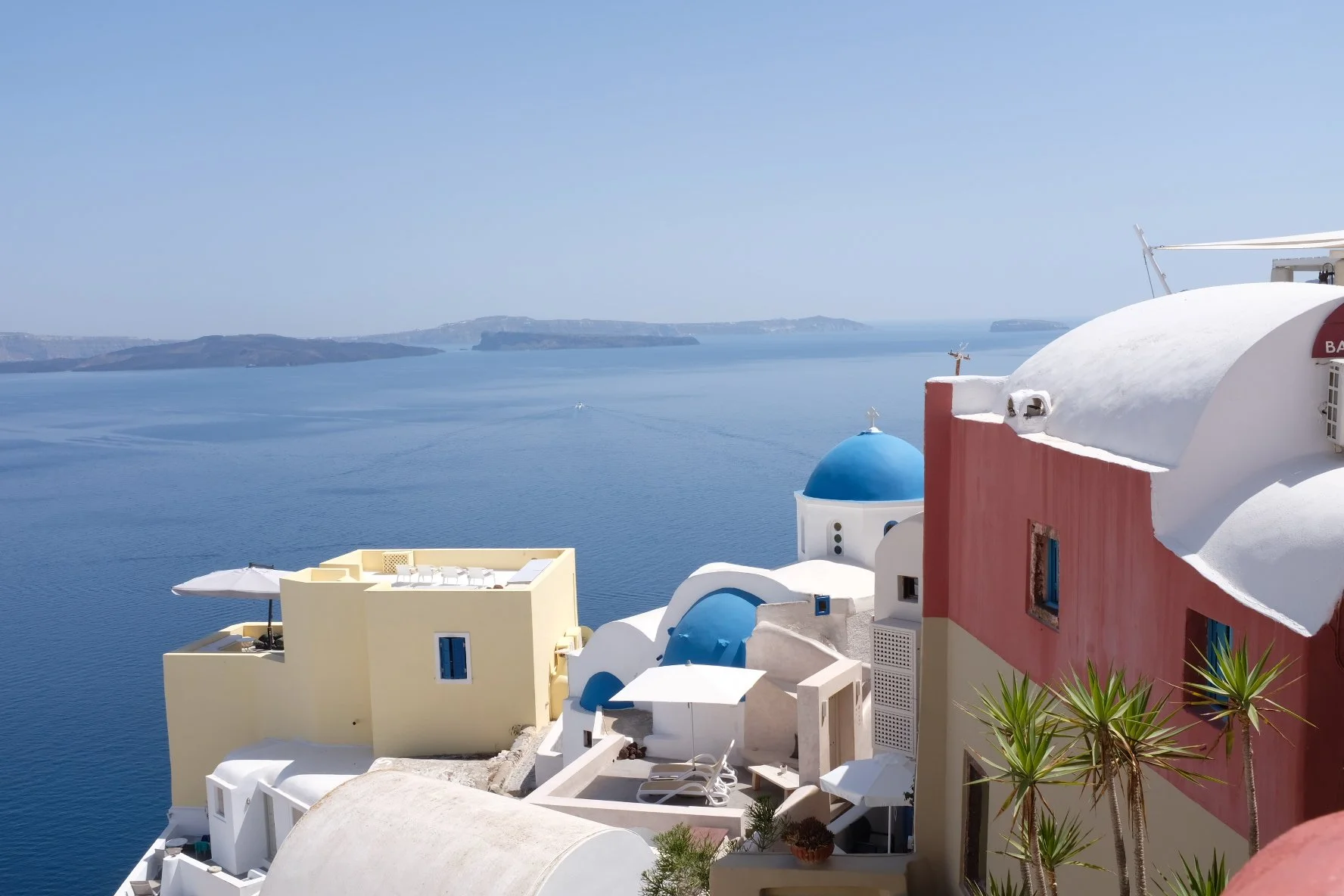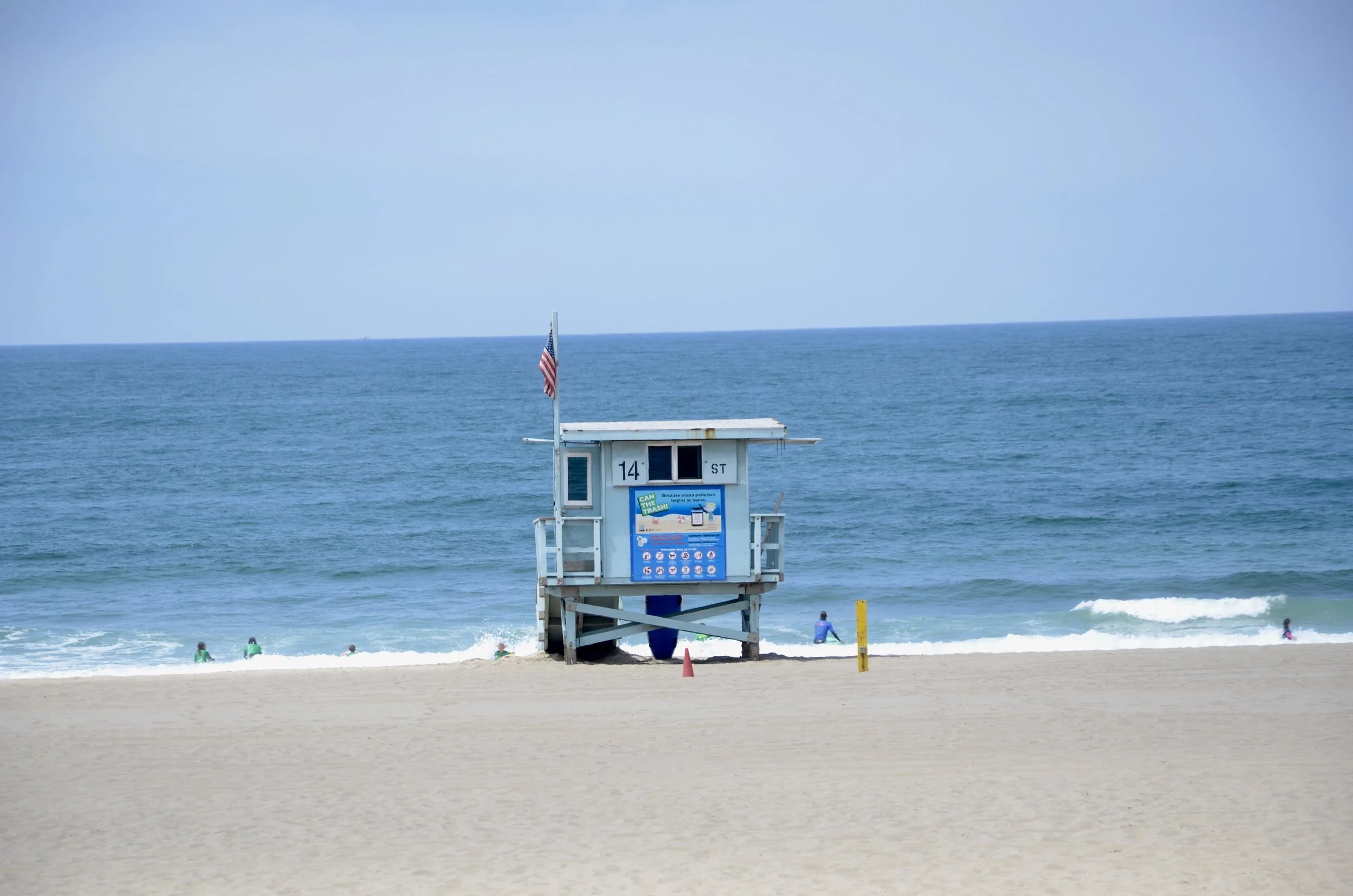
FAQs.
Am I ready to buy?
Whether you are ready or not is a decision you will need to make, but we are happy to help you figure it out! We believe Real Estate assets are a great tool when thinking about your financial future, as long as you educate yourself on the market, and you have a trustworthy professional to guide you through the process.
Even if you are not financially ready to buy, we can help guide you so you set your finances in order while getting to know the market.
Our RE team has been in the industry for over 15 years, and we take pride in helping all our clients create value and increase generational wealth through Real Estate.
How long is escrow?
While the length of an escrow is negotiable, a standard escrow can be anywhere between 30-45 days.
How much can I afford?
A Buyer needs to speak to a lender to find out exactly what his/her budget should be when purchasing a home. The monthly mortgage payment will be affected by the Buyer's credit score, downpayment, and interest rates.
Generally, lenders want to see that a Buyer's mortgage payment does not exceed 28% of the Buyer's pre-tax income, and total debt (including mortgage and other loan payments) do not exceed 36% of pre-tax income.
The higher the down payment, and lower the interest rate, the lower the monthly mortgage payment should be, and the more buying power an individual will have. Start discussing with your lender today, and if you don’t have one, we are happy to give you referrals of lenders we have worked with in the past.
How much do I need for downpayment?
The downpayment for an owner-occupied home is usually around 20%. An owner can always increase the downpayment in order to decrease the monthly mortgage installments.
A first-time home buyer may qualify for an FHA loan, which requires a 3.5% down payment (an FHA loan has other requirements that must be met in order to qualify for the loan).
What is an Earnest Money Deposit?
The earnest money deposit is a type of security deposit a Buyer makes when an offer has been accepted. The earnest money deposit will become part of the Buyer's downpayment/closing costs.
In California, the deposit is generally 3% of the home price.
How much will my closing costs be?
Buyer and Seller's closing costs will have different costs associated. Closing costs are a combination of Escrow, Title, and lender fees, RE and other city/state taxes when applicable, and other services retained during Escrow. A Seller will also have the real estate commission fees added to his/her closing costs.
Costs can include loan costs (origination charge, appraisal, etc), upfront insurance and tax payments, Escrow impound account (if needed).
Generally speaking, a Buyer's closing costs can range between 1% - 5% of the purchase price depending on the above.
What is an escrow impound account? Do I need one?
An impound account acts as a Buyer's separate savings account set up by the lender that pays for property taxes and insurance on behalf of the Buyer.
Lenders sometimes require a Buyer pays into the impound account to ensure the the property is not confiscated due to unpaid taxes nor destroyed and uninsured.
Lenders usually require an impound account to have funds for 14-15 months of the tax and insurance payments.
An impound account is required only when the loan-to-value ratio is 90% or higher (meaning Buyer's downpayment is 10% or less).



